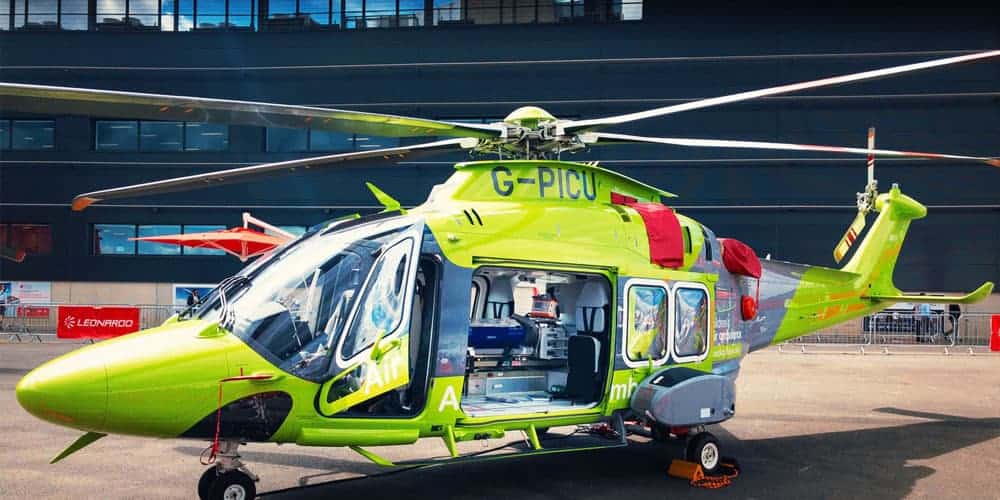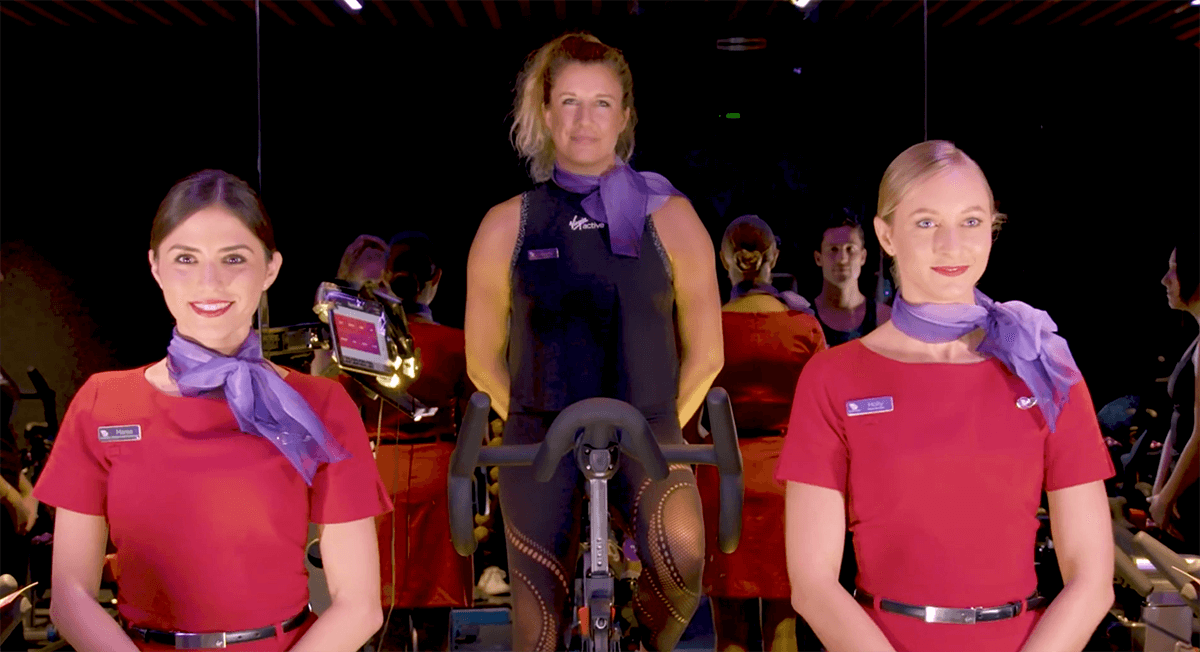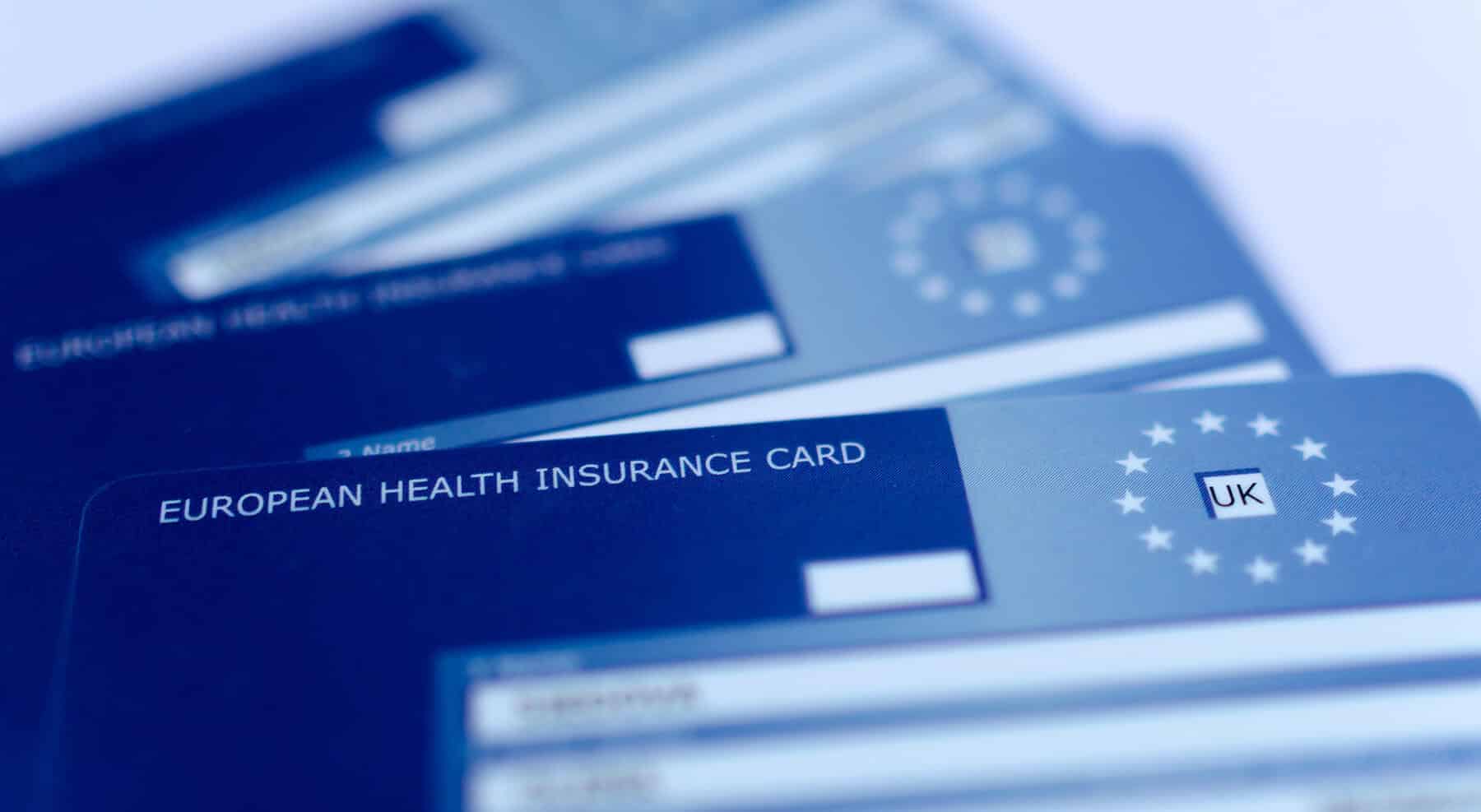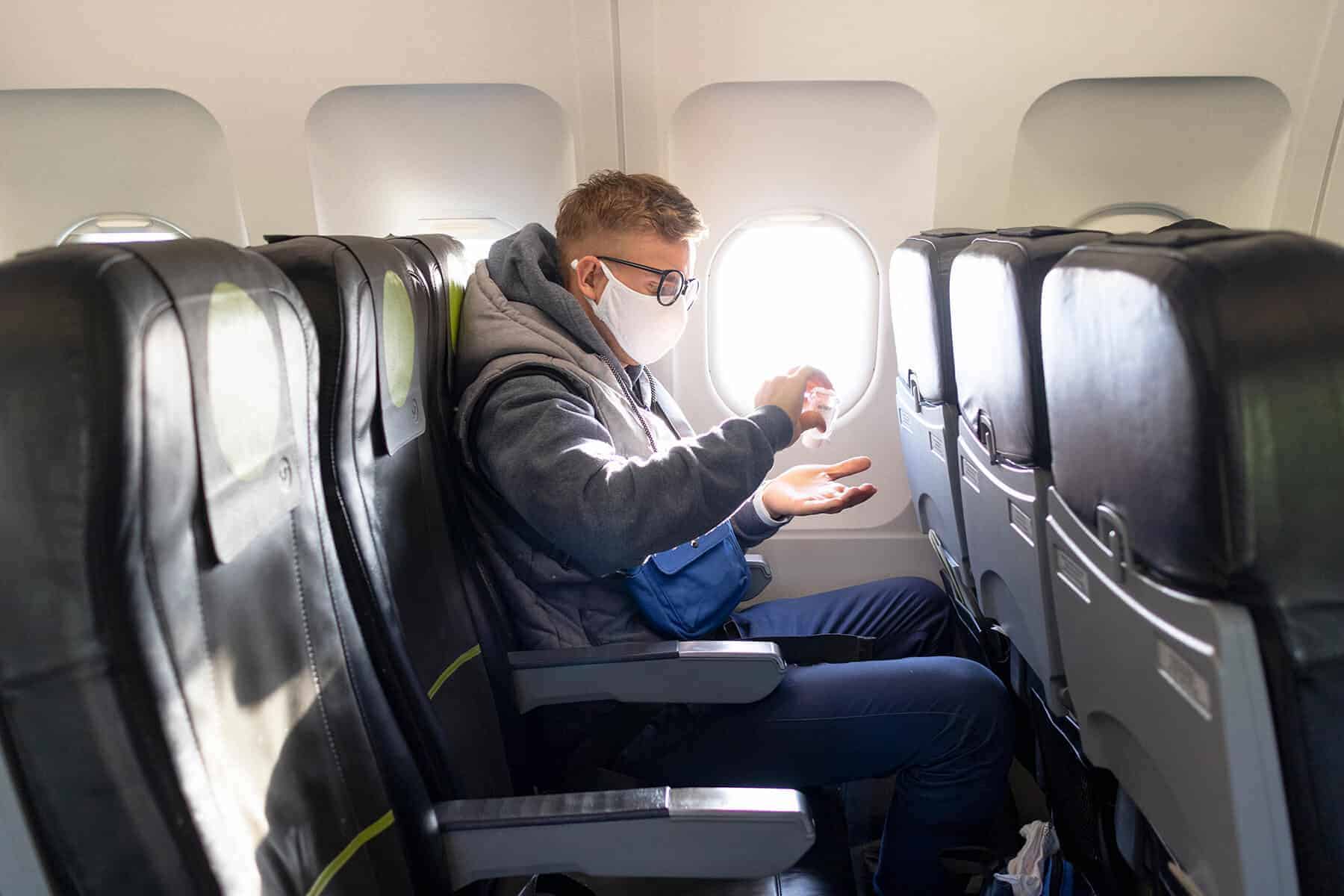Medical repatriation is something that nobody wishes to happen to them but is something we all should take into consideration while planning our holidays. Whether it is a trauma such as breaking your leg while skiing, fracturing your elbows, or a medical condition, for example having a minor heart attack or stroke, none of us are immune from the type of incident that will require assistance to get you home.

Difference between Medical Evacuation and Medical Repatriation
Although the two terms might seem interchangeable, there is a crucial difference. Medical evacuation (or medevac) refers to where a patient needs critical care that cannot be provided locally and is evacuated to the nearest appropriate medical facility – either overseas or domestically. Medical repatriation is when a patient is transported back to their home country, typically where the patient is deemed fit to fly.
Types of Medical Repatriation
Depending on the severity of your accident or illness and the immediacy of your return to the UK, there are several ways you can be repatriated. Normally people who have suffered a comparatively minor accident or illness can be medically repatriated on a scheduled flight. This could be coming home as planned with wheelchair assistance, booking extra seats for leg elevation or flying a doctor or nurse to medically escort the patient back home. However, you should take care as medical care services available on airplanes vary considerably from airline to airline. In more extreme cases the patient might need to be repatriated to the UK by Air Ambulance, on a stretcher loaded on to a commercial aircraft or via an Intensive Care Unit installed into a commercial flight.
Cost of Medical Repatriation
The good news is that the cost of medical repatriation should be covered in your holiday insurance depending on the level of cover purchased. You should check the financial limit to your cover, and which – if any – activities are excluded from your medical insurance before taking out the policy. For instance, if you are going on a skiing holiday, then you should ensure that skiing is included in your cover or if taking a cruise holiday whether cruise cover is included.
Medical Repatriation Process
This first and important thing to note is every single case is different. What may be suitable for one patient may not for another with the same medical condition – this is where the expertise of the Assistance Company and the suppliers they use are invaluable.
Contact the Assistance Company stated on your medical insurance policy in case of medical emergency. They will then consult with the local medical facility where you are receiving treatment to determine whether medical repatriation is necessary, and if so, how this should take place. They will also assess coverage of insurance, which once confirmed and depending on cover, they may assist with medical bills, any hotel stays which may be required, assess through their own specialist aviation medical department the patients needs for the repatriation along with any other assistance which may be required. The Assistance Company handling your case will give you all the guidance and support throughout this process.
Before you are released from the medical facility where you are receiving treatment you should receive a form signed by your doctor to state that you are fit to fly.
Commercial airlines may need to process medical clearance (or a MEDA) for the injury/medical condition. This is assessed by the medical department at the respective airline and could take anywhere from 2 to 48 hours depending on the airline and medical condition. On the other hand, some airlines will only require a Fit To Fly Certificate to travel and no prior documentation will need to be submitted.
In most cases, a patient may be repatriated while seated with or without a medical escort. In more severe cases, the patient might need to be kept on a stretcher throughout the flight, or in the worst cases when the patient is in intensive care in a PTC (Patient Transport Compartment).
Upon arrival back in the UK, the patient will then be transported to a hospital where their treatment will continue, or to their home for recuperation.





